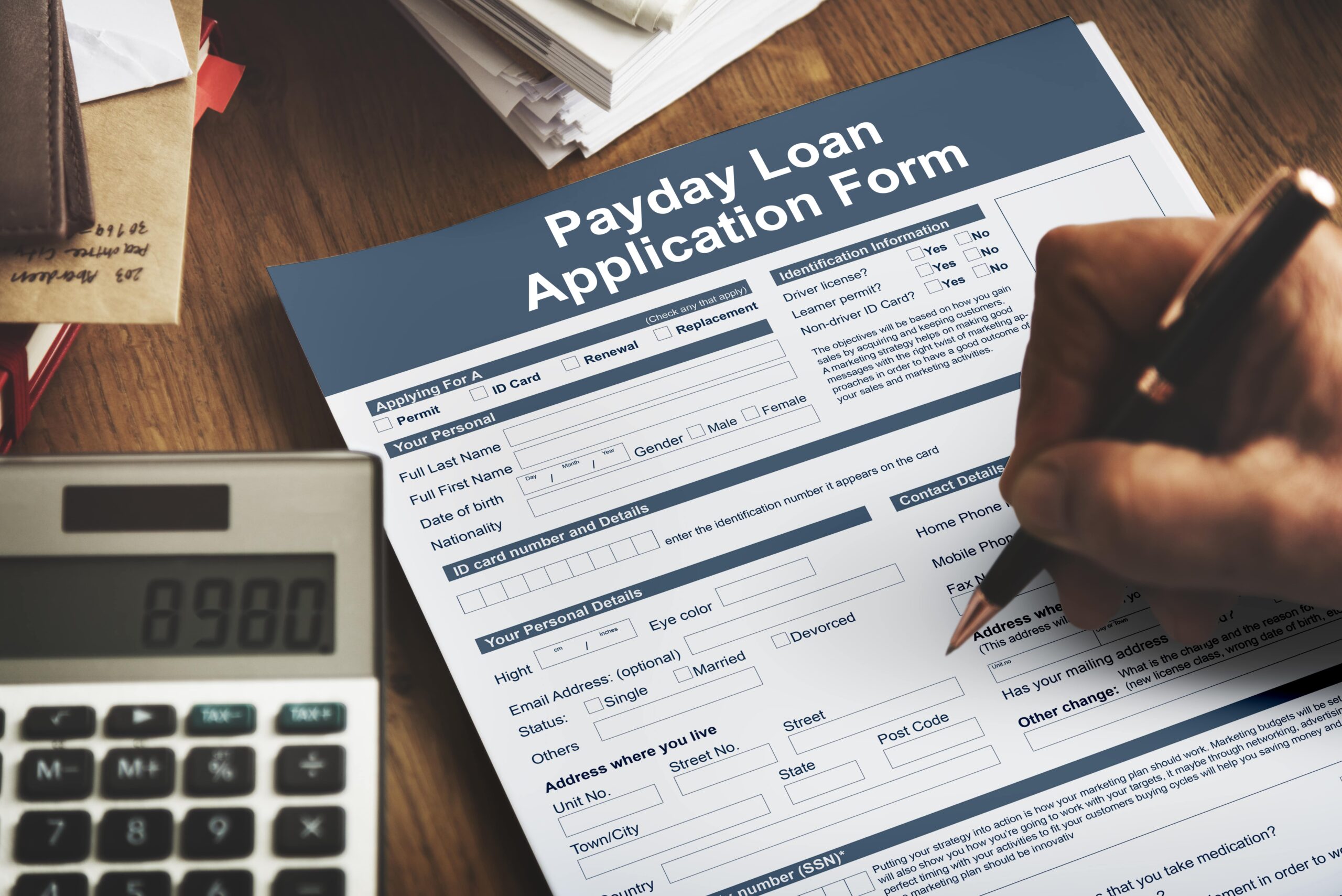
Help with Payday Loan Debt
Taking out a payday loan when you’re short on cash can sometimes feel like the only option, but high interest rates mean that borrowing £500 can quickly turn into owing much more. What started as a solution to an emergency becomes expensive debt that’s difficult to escape.
At NDH Financial, we’re personal insolvency specialists with our own licensed Insolvency Practitioner in-house. We understand how payday loan debt spirals out of control, and we’re here to help you find solutions that provide legal protection while you get your finances back on track.
If you’re struggling with payday loan debt, an Individual Voluntary Arrangement (IVA) could stop all creditor contact and freeze the interest, letting you repay what you can genuinely afford over 5-6 years. After that, any remaining qualifying debt is written off**.
What is Payday Loan Debt?
Payday loan debt is money you owe to short-term lenders who provide quick cash loans, typically between £50 and £1,000, designed to be repaid on your next payday. They’re marketed as emergency borrowing for unexpected expenses, like a broken boiler, car repair, or urgent bill.
When you take out a payday loan, you’re borrowing money at extremely high interest rates (between 800% and 1,500% APR). While the loan might seem manageable, the interest charges mean you can end up repaying a lot more than you borrowed. A £300 loan could cost you £400 or more to repay, even over a few weeks.
Payday loan debt is classified as an unsecured debt, meaning it’s not secured against any of your assets or property. This makes it a non-priority debt, so the lender can’t repossess items you’ve bought if you fall behind on payments, but they can take other actions to recover what you owe. Unlike a personal loan with fixed repayment terms, payday loans are designed as short-term borrowing with much higher costs.

Struggling with payday loan debt? Contact NDH Financial Today
Payday loan debt can feel impossible to escape, especially when high interest rates and fees keep adding up. But you don’t have to face this alone.
As personal insolvency specialists with our own in-house licensed Insolvency Practitioner, we understand how payday loan debt builds up and the pressure it creates. Our debt consultants will look at your full financial picture and talk you through the options available – whether that’s an IVA or another solution that fits your situation.
There’s no obligation, no pressure, and everything we discuss is completely confidential.
Get in touch today to start your journey towards becoming debt-free.
Have More Questions? Our IVA Learning Hub Can Help
We know you might have questions and that's fine. We can answer most of those on our call.
But we've also built our learning hub so that you can learn more about an IVA and see if one is right for you.
Click below to check it out.
